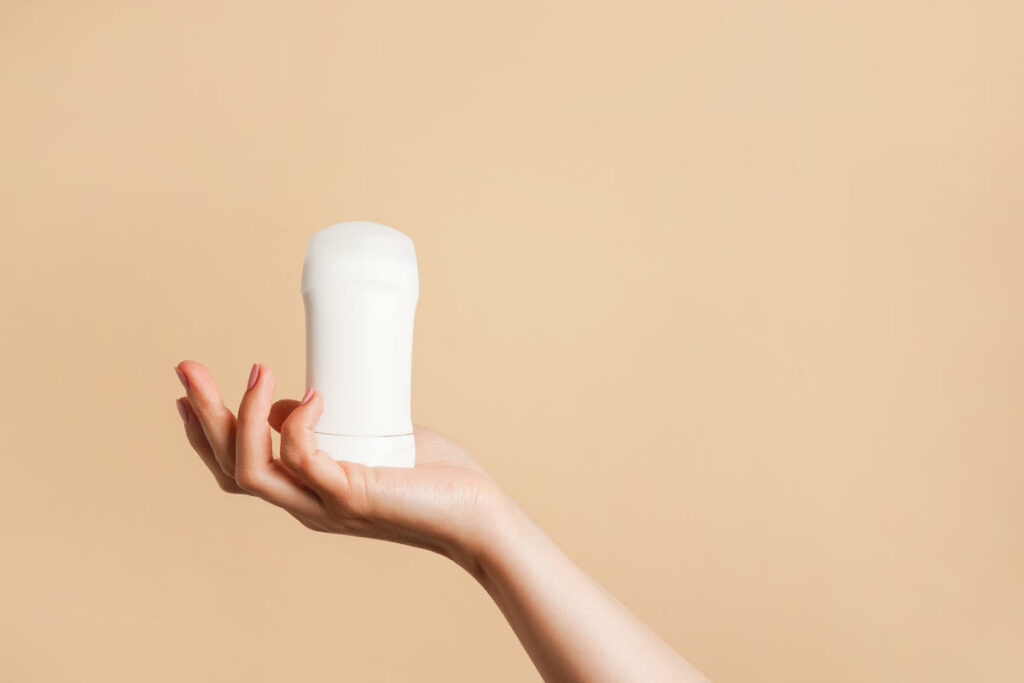In a striking TikTok revelation this August, content creator Alexis DiMaya stated confidently to her audience of over 500,000 followers: “I never use deodorant, and I don’t smell.”
DiMaya, who is in pilot training, shared her perspective: “I’ve gone years without using deodorant and I’m perfectly fine. In fact, I often sweat profusely while flying planes without air conditioning.” She added that despite the intense heat and sweat from hours in the aircraft cockpit, she has received compliments on her pleasant scent.
The reaction from her boyfriend and friends—alongside many viewers—might be one of disbelief. After all, most individuals have relied on deodorant since adolescence when hormonal changes ramp up perspiration. This introduction to personal hygiene routines is typically viewed as essential for controlling odor and maintaining freshness.
However, some people like DiMaya seem unaffected by body odor due to various factors. Let’s explore why some individuals smell or don’t—and what influences our natural scent.
Understanding Body Odor: What Causes It?
A common misconception is that sweat itself carries an unpleasant odor; however, sweat primarily consists of water along with trace elements such as sodium and chloride. The distinctiveness of body odor actually emerges from the type of glands responsible for sweating.
The two primary types involved are eccrine glands and apocrine glands. Eccrine glands produce a clear, non-smelly perspiration designed to cool the body down—typical during hot weather conditions. This kind of sweat evaporates quickly off the skin’s surface.
On the other hand, apocrine glands can create odors that are more pungent. Dr. Connie Yang from PFRANKMD explains that these glands are found in areas with hair follicles like armpits and groin regions where they emit a denser type of sweat.
This thicker secretion doesn’t possess an offensive scent upon release; however, once it comes into contact with skin bacteria it can break down into components that contribute to body odor as noted by Yang.
Interestingly enough, situations involving stress or anxiety trigger heightened activity in our apocrine glands which could increase our likelihood of experiencing noticeable odors during tense moments compared to mild sweating at casual outings like beach trips.
Certain health conditions may also play a role in how we smell; for instance, trimethylaminuria—a metabolic condition—can lead to a fish-like fragrance prevailing from bodily secretions such as breath or urine. Similarly concerning issues like kidney dysfunction or diabetes can amplify natural odors significantly.
Why Are Some People Odorless?
Diving deeper into why certain individuals remain virtually odor-free offers several insights worth noting:
- Genetics:
- A particular genetic variation prevalent among East Asians impacts production levels of proteins known as ABCC11 linked directly with sweating mechanisms.
According to dermatologist Dr. Hannah Kopelman speaking with Yahoo Life: “This genetic trait allows specific populations notably better at minimizing body odorous compounds versus others.” In fact while present across 80%-95% within East Asian demographics only around 3% appear throughout European/African groups based on research published back in 2010!
- Your Diet:
- The foods you consume significantly influence your scent profile! Ingredients such as red meat along with garlic/onions are notorious sources when it comes enhancing unpleasant aromas within perspiration which reflects towards your overall fragrance quality! Anyone keenly avoiding intake could present themselves remarkably fresher than habitual consumers plagued by these offenders.
Additionally spices commonly found across diverse cuisines may introduce lingering scents best avoided if strong smells aren’t welcome—as examples include curry & cumin!
- Mental State:
- Psychological factors undeniably affect how we experience fragrances too according to dermatologist Dr.Annabelle Garcia! Stress-induced perspiration derived especially through emotional pressure might yield harsher results compared traditionally lightened everyday sweats separating relaxed states beautifully away alleviate any worries relating them effectively shifted attention elsewhere eventually leading less confrontational olfactory notes altogether aligning confidently not drawing unwanted attention)!
Am I Unaware Of My Own Odor?
Kopelman points out something intriguing about self-perception regarding scents—it’s quite possible people become ‘nose blind’! Our brains routinely filter out constant stimuli over time leading us oblivious toward familiar smells including ourselves pushing focus onto newly encountered ones dominating environments surrounding us resulting potentially false perspectives inaccurately assessing true conditions thereof.
Should friends indicate presence perhaps hints clarity allows necessary pivots sought benefiting reflections amplifying appreciations enjoyed instead scenarios granting solutions positively improving outcomes universally accepted warmly resonating reassuring struggles resolved.
Practical Steps To Maintain Freshness
- Prioritize regular cleansing habits ensuring thorough hygiene practices followed consistently invading unwanted odors managed responsively
